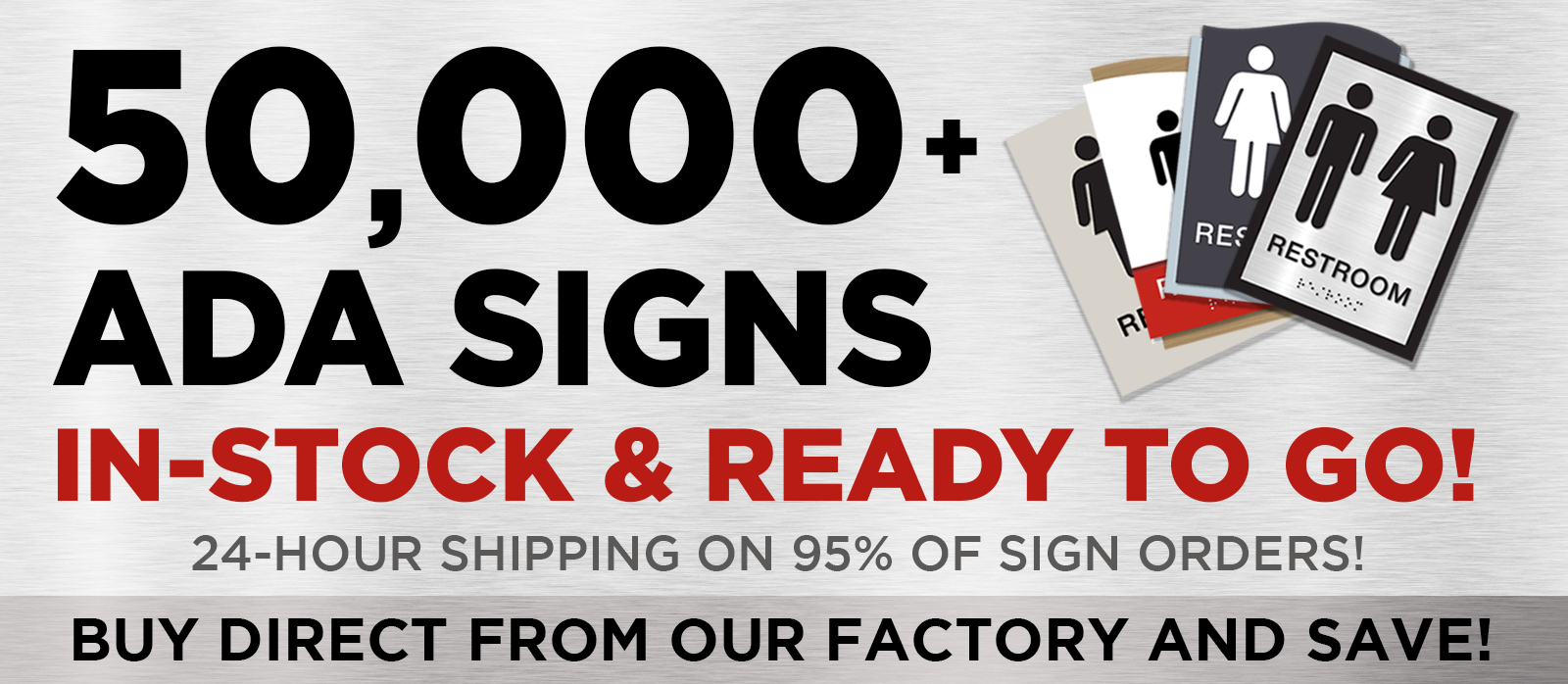Navigating Public Spaces with Confidence
Picture yourself in the midst of a bustling airport or a sprawling hospital, with no signs to guide your way. The thought alone is enough to induce a sense of panic. This is where wayfinding signs step in, acting as silent navigators that not only enhance the user experience but also ensure safety. In this article, we delve into the top seven signs essential for seamless wayfinding in public spaces, emphasizing their significance, benefits, and how to select the perfect type for your needs.
The Art of Wayfinding Signs
Wayfinding signs transcend mere directional aids; they are indispensable tools that shepherd individuals through intricate environments. These signs can be classified into various types, including directional signs, informational signs, and regulatory signs. Each category serves a distinct purpose, from guiding visitors to imparting crucial information or ensuring adherence to regulations.
Why Wayfinding Signs Matter
Navigational Harmony
In vast public spaces, wayfinding signs are crucial for managing the flow of people. They assist visitors in finding their way with ease, minimizing stress and confusion. Directional signs, for example, are paramount in directing foot traffic and ensuring smooth navigation.
Enhancing User Experience and Safety
Effective wayfinding signs significantly elevate the user experience by making navigation intuitive and straightforward. They also play a pivotal role in ensuring safety by directing people to exits, restrooms, and other essential facilities. In airports, the best wayfinding signs incorporate illuminated iconography and interactive digital touchpoints to guide passengers seamlessly.
Crafting the Perfect Signage
Harmonious Design
Consistency in design is the cornerstone of effective wayfinding. All signs should present a uniform appearance to prevent confusion. A cohesive visual language, achieved through consistent use of colors, fonts, and symbols, ensures users can easily comprehend the signage.
Strategic Sizing and Placement
The size and placement of signs are crucial for visibility. Signs should be large enough to be seen from a distance and strategically placed where they are most needed. Prominent use of directional arrows and symbols provides clear guidance.
Avoiding Common Pitfalls
Misplaced Signage
Incorrect placement of signs can lead to confusion and hinder navigation. Signs should be positioned at eye level and in locations where they can be easily spotted by people moving through the space.
Overwhelming Clutter
Cluttered signs can overwhelm and confuse users rather than guide them. It is essential to keep signage simple and direct, using clear and concise messaging.
Overlooking Maintenance
Regular maintenance is vital to ensure that signs remain effective. Damaged or outdated signs can mislead users and detract from the overall user experience. Regular checks and updates are necessary to keep signage in top condition.
Transforming Public Spaces with Thoughtful Signage
In essence, well-designed wayfinding signs are instrumental in enhancing navigation, improving user experience, and ensuring safety in public spaces. By maintaining design consistency, choosing appropriate sizing and placement, and avoiding common mistakes, you can ensure that your signage effectively guides and informs visitors.
Elevate Your Signage Game
Take a moment to assess your current signage and consider upgrades to improve accessibility and user satisfaction. Explore ADA-compliant options from BrailleSignWholesale to ensure your signs meet all necessary guidelines.
Discover More
- Navigational Necessities Signs: Explore ADA-compliant sign options from BrailleSignWholesale.
- Further Reading: For more insights on wayfinding signage, visit Armstrong Flooring's blog.
- Mailboxes and Signs
- Travel Wayfinding
- Passenger Terminal Today








